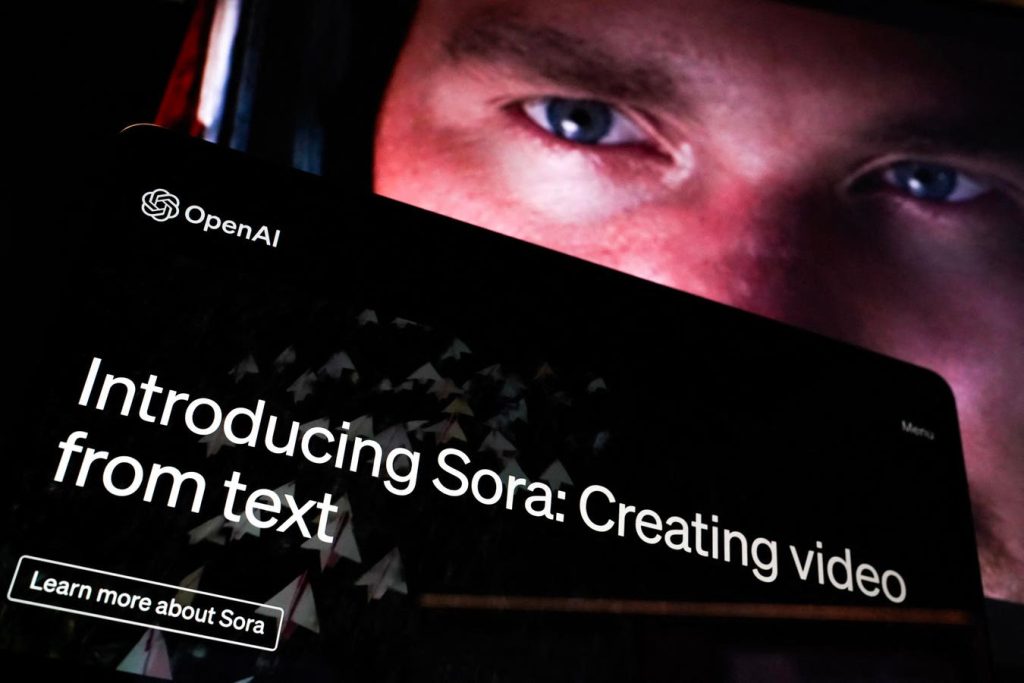The entertainment industry is on the brink of a creative revolution thanks to the incredible power of artificial intelligence. Tools like OpenAI’s Sora and Microsoft’s VASA-1 are introducing new possibilities for writers, directors, producers, and artists. The recent advancements in generative AI technology have shown that AI is evolving at a rapid pace, surpassing even the most optimistic predictions. AI is already impacting the creative process by allowing writers to develop characters and plot narratives faster, and directors to create intricate storyboards before actual production begins.
With AI capabilities expected to continue improving, the entertainment industry stands to benefit greatly from increased efficiency and affordability in content creation. AI is projected to become a $1.5 trillion market by 2030, with media and entertainment leading the way in adopting and benefiting from AI technology. Animated features and video game cinematics will also see significant improvements thanks to AI tools becoming more accessible to creators.
Viewers can expect a more personalized entertainment experience as AI is integrated into content creation. Hyper-personalized recommendations, interactive narratives, and cinematic journeys that adapt to viewer choices in real-time are just some of the possibilities AI brings to the table. However, as AI becomes more prevalent in entertainment, questions around trust, ethics, and authenticity arise. Industry leaders will need to ensure the responsible application of AI technology, especially as regulations struggle to keep up with advancements.
Despite the challenges and potential risks associated with AI integration in entertainment, there are also opportunities for positive change. AI could help make Hollywood more inclusive by lowering barriers for marginalized voices and increasing visibility for diverse creators. By democratizing access to high-end production capabilities, AI tools have the potential to showcase a wider range of stories and perspectives that may have been overlooked by traditional Hollywood structures.
As the entertainment industry embraces AI, it also faces concerns about job displacement and the need for ethical application of new technologies. Industry leaders will need to navigate these challenges while ensuring that AI enhances, rather than hinders, creativity and inclusivity in entertainment. With AI poised to revolutionize storytelling and audience interaction, it’s clear that the future of entertainment will be shaped by the innovative capabilities of artificial intelligence.


